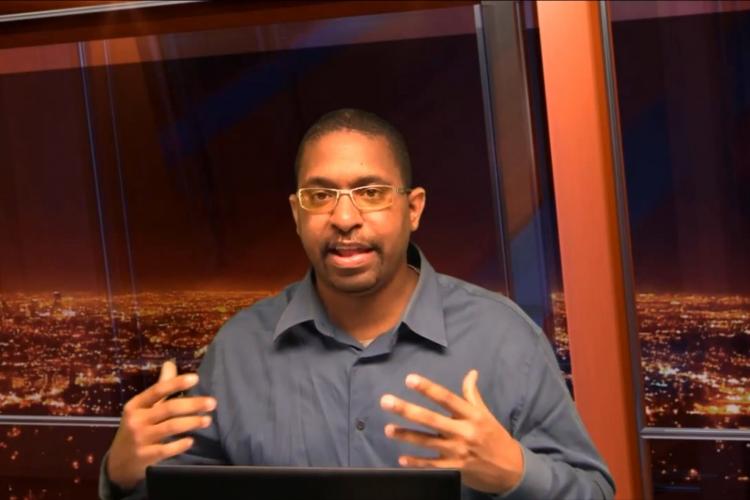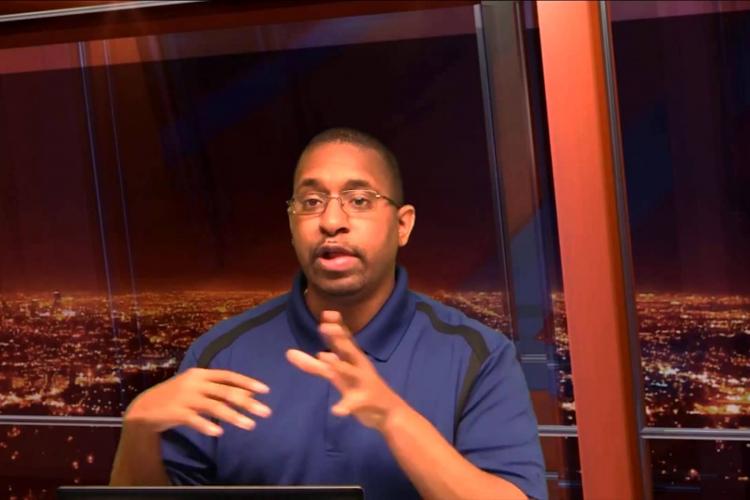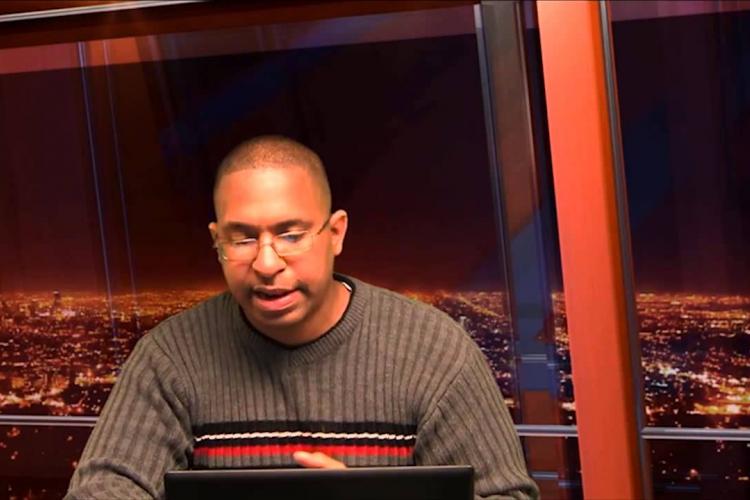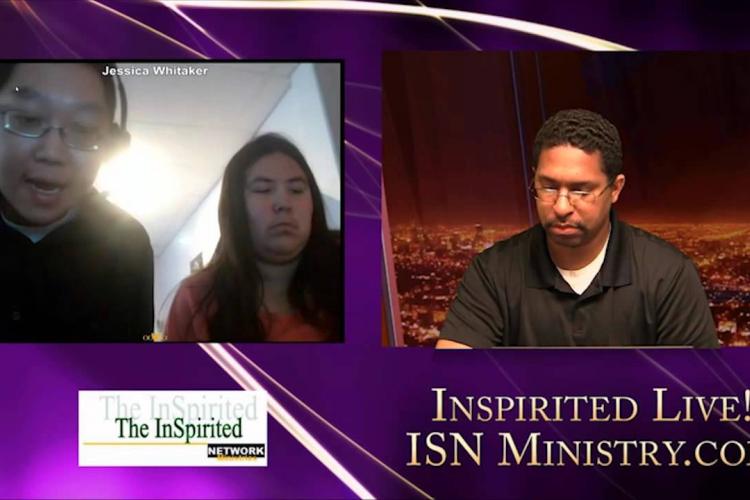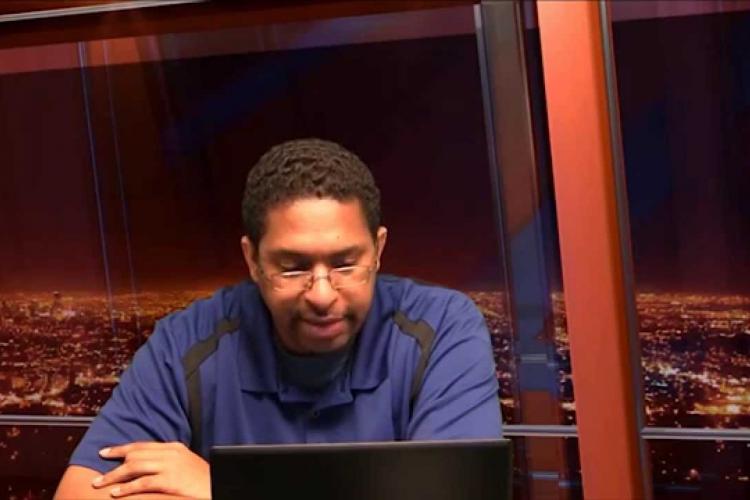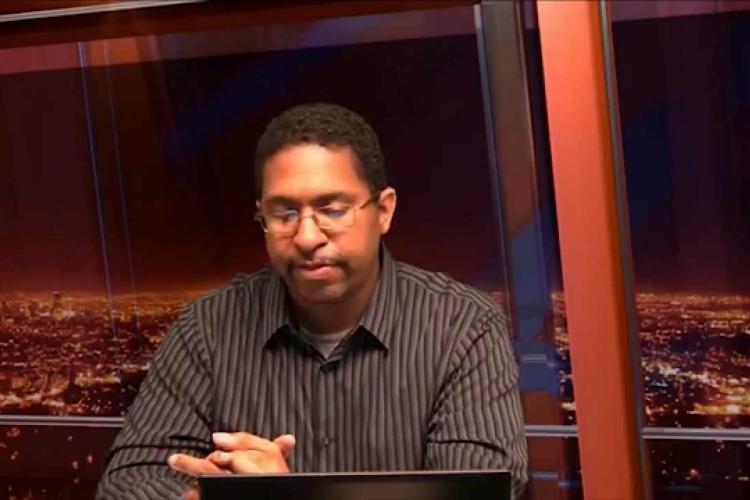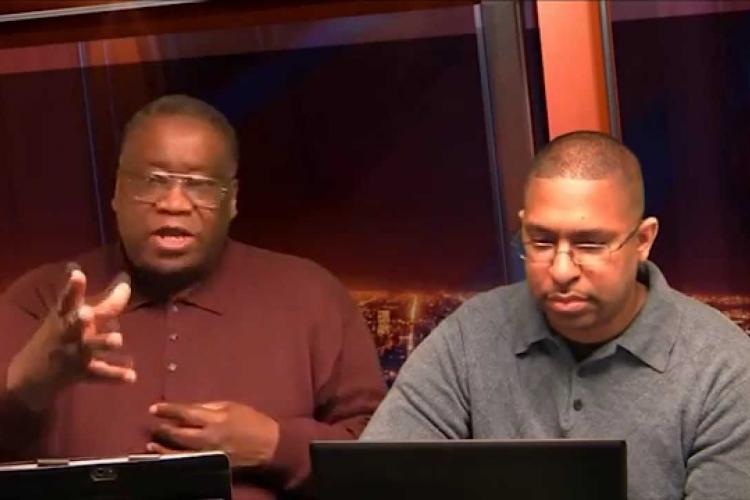Jeremiah brought a message of rebuke to the people of Judah. Because this was not a popular message, he met a lot of opposition. As people planned to do him harm God was with him to deliver him. Why did so many reject the warnings of the prophet? How does this still happen, even in our time today? Why were people more willing to listen to false prophets? If God hadn't sent them, who did? Why was Jeremiah told not to pray for the people? Are there limitations to God's mercy? If so, what happens when those limits have been reached? Is repentance always genuine?
Who were the last five kings of Judah? How did God reach out to them? What was there response to the message of Jeremiah the prophet and God's Word? What lessons can we draw from this for our time today? What made many of the kings of Judah so stubborn? How was Josiah's reign different? What did Josiah do during his reign that contrasted the other kings and what message does that hold politicians in today's time? In this lesson we cover Josiah, Jehoahaz, Jehoiakim, Jehoiachin, and Zedekiah. We explore the events that led to the Babylonian captivity and the parallels with today.
Why is humanity in crisis? How does this crisis impact the lives of God's people? In what way did Jeremiah face this crisis in his time? How does this relate to challenges the church faces from both the secular world and within the church itself? In what ways can challenges from within be worse than challenges without? In what ways did the history of Israel and Judah show crisis from within? Why did God punish His chosen people through other nations? What was God trying to teach them? As we explore the book of Jeremiah, we will see how many things parallel today.
What was the mission and message of Paul all about? What could we say was central to his message? What did Paul preach? How did he adapt his message to reach different kinds of audiences? How important was the concept of the resurrection in Paul's teaching? In this lesson we will explore the techniques Paul used to reach Jewish and Gentile audiences. Like Jesus, Paul used what was familiar to his listeners to explain what was unfamiliar to them. In looking at how Paul did this, we can learn a great deal about teaching spiritual truths to people today.
What do we know about Paul before his call on the road to Damascus? What kind of person was he? What can we learn about God's willingness to save the worst sinners from the story of Saul's conversion to the Apostle Paul? How did the early Christians at first respond to Paul's conversion story? Are we any different today with people who have Paul's background? There is much we can learn from Paul's story as we seek to make disciples of men today. Paul's story is a story of hope for the undeserving and those who have a dark past in which they have made the most terrible mistakes.
This week we discuss Philip the evangelist. But is this Philip different from other Philips in the Bible? How can we know for sure? What can we learn about mission work from what the Bible says about this Philip? Why was Philip chosen to serve as a deacon? What qualities did he have that made him stand out? What events later lead to his success as an evangelist? What can we learn from this as Christians today? What does the prophetic ministry of Philip's daughters say about Philip? What might this mean for those called to ministry today?
What can we learn from Peter's outreach to the gentiles? How did it contrast from Paul's? What can we learn from the story of Cornelius and the conversion of his friends and family? What important lessons did Jews of the early church have to learn? What might that mean for the church today? Does culture or race matter when it comes to salvation? This week as we explore these lessons we'll look at the stories of early gentile converts to Christianity.
In the story of Namaan and his leprosy, who was the unlikely missionary? What can we learn about salvation and outreach from this example? Why does Elisha have Namaan dip in the Jordan River 7 times? How does this story portray faith, obedience, and transformation? What did being saved by grace mean for Namaan and how did he respond to God's grace? What are the prerequisites for seeing the mighty works of God? This week we explore the little that is said about an unlikely missionary that had a huge impact on Namaan and his encounter with Elisha.
What can we learn from Abraham's experience? As the first Biblical missionary, Abraham's journey tells us many things about how he witnessed for God through his life and through many of the challenges he faced. Abraham is known as the father of faith, yet was he always a champion of faith? Did Abraham have weaknesses as people do today? If so, how did Abraham learn to trust God over time? What lessons did Abraham learn that are still important lessons for us to learn today? Why was Abraham commanded to leave his father's household in the first place?
What is the difference between an apostle and a disciple? What is the job of an apostle? Do apostles and disciples still exist today? What kinds of people did Jesus choose to be apostles and disciples? What does it take to become one of them? Did Jesus choose religious leaders or common people? Were the people Jesus chose always qualified by human standards? This week we explore discipleship from Luke's perspective and what implications discipleship has on Christians today.

